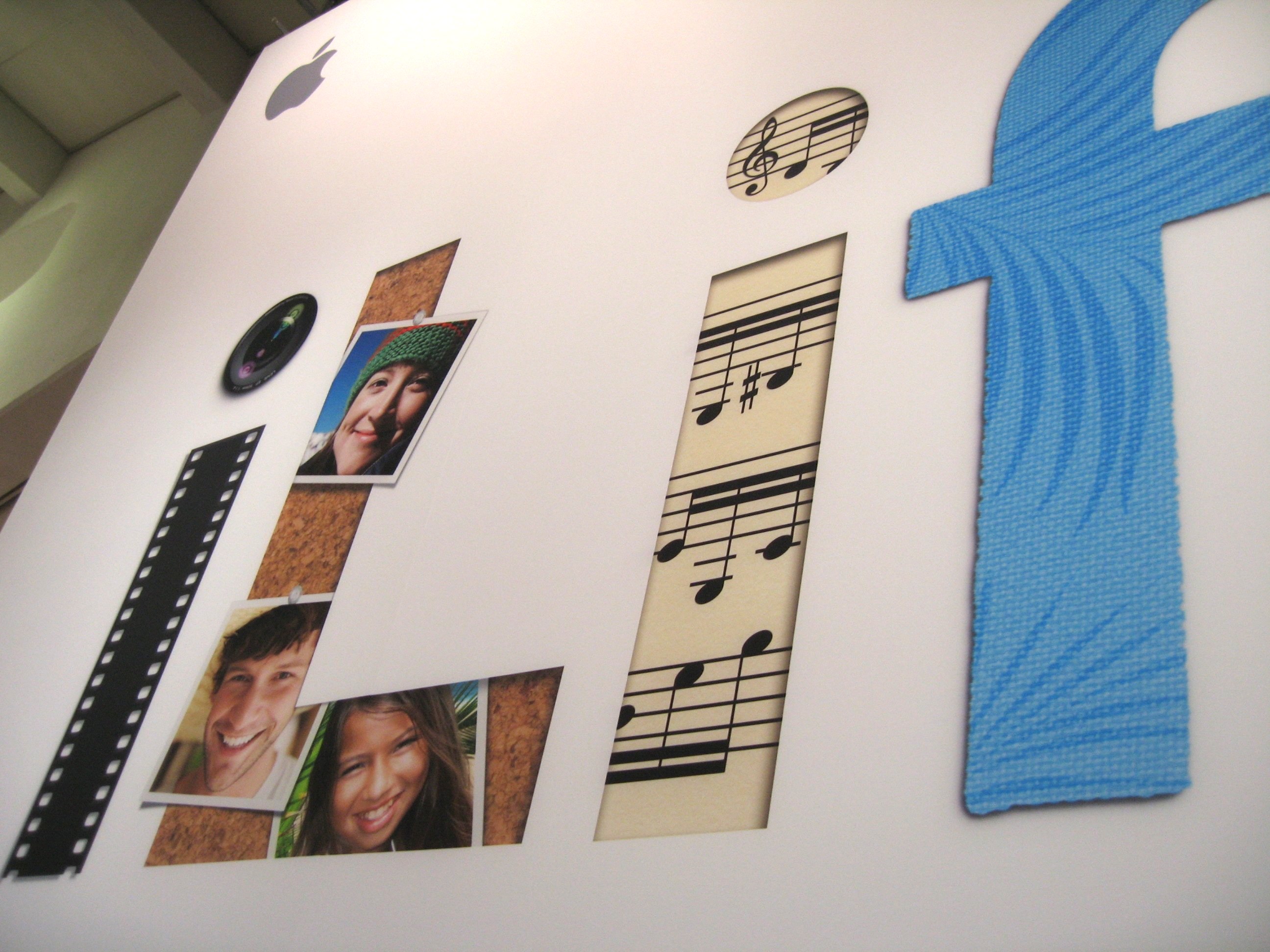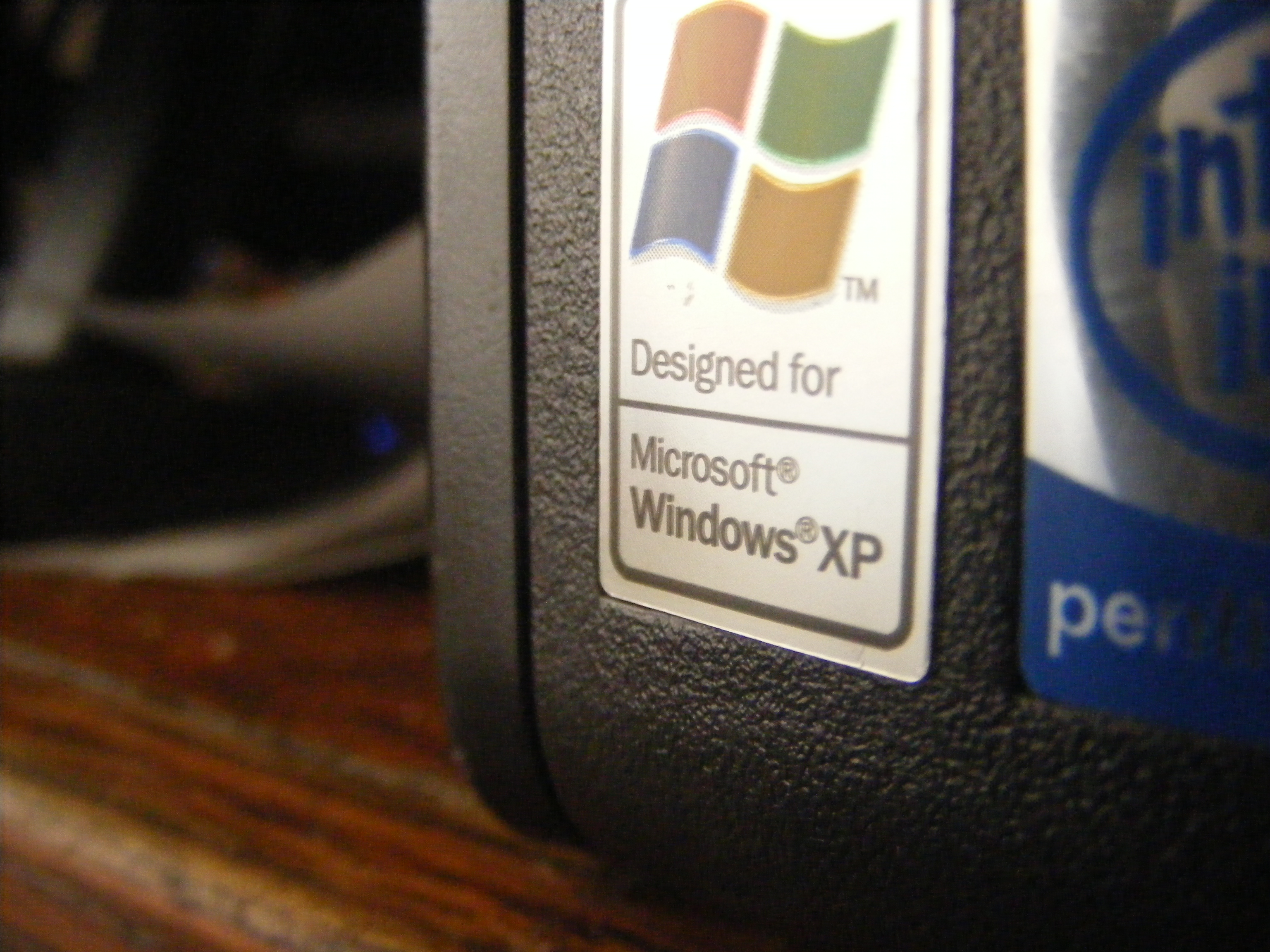The most surprising thing about today’s Windows 7 pricing announcement isn’t the pricing, but how Microsoft directly delivered news about it. While Microsoft issued a press release, the most substantive information comes from the Windows Blog, which the release links to. For anyone still clinging to the fantasy that there is some magical separation between Microsoft public relations teams and its bloggers, wake up! There really is none.
Perhaps there shouldn’t be, and that should concern Microsoft’s outside public relations agencies and what their future role will be. People naturally are more interested in other people and what they have to say. Surely a blogger, an identifiable human being, with posted picture and personality, is more believable and memorable than a germane press release.











